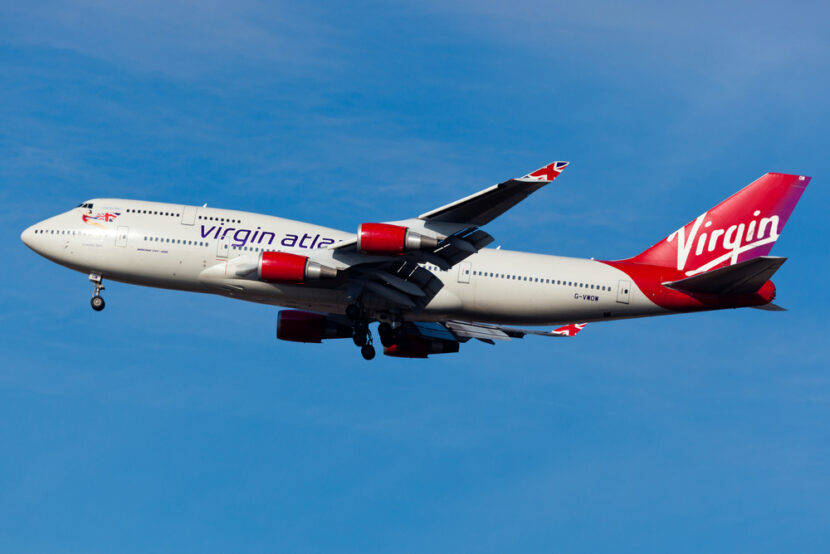VANCOUVER – Virgin Atlantic is dropping its only Canadian destination, Vancouver, when summer seasonal service ends Oct. 11. The service operated five flights per week.
“Through our partnership with Delta Air Lines, we believe we can still serve the Canadian market using the wide range of connection opportunities that are available to our customers,” Virgin Atlantic’s Sarah Coggins said in an email.
“As a result of this partnership, we will continue to offer a one-stop service to Vancouver on Delta Air Lines connecting through Seattle or Minneapolis.”
The U.K.-based airline says the change is part of a larger update of its route network, which will add or increase service between London Heathrow and several U.S. cities. Among other changes to its U.S. routes,, it’s adding daily service to Detroit and increasing daily service to New York, Los Angeles and Atlanta.
It’s also ending service between London and Tokyo’s Narita airport and between London and Mumbai, India, on Feb. 1 and winter seasonal service to Cape Town, South Africa, after April 2015.
Virgin Atlantic is 51 per cent owned by Richard Branson, the flamboyant British businessman who founded the Virgin group of companies, and 49 per cent by Delta Air Lines, which acquired its stake in the British carrier last year.
Delta and Virgin Atlantic have since formed a partnership on transatlantic services. Delta serves Vancouver from three of its U.S. hubs: Seattle, Minneapolis (once daily each) and Salt Lake City (twice daily).
Virgin Atlantic’s summer seasonal route between Vancouver and Heathrow, which has been in place since it began with four flights per week in 2012, is all that remains of a much more ambitious plan outlined by Branson in 2000 and early 2001, before the Sept. 11 terrorist attacks forced the U.K. airline to retrench and pull out of Canada.
Before the 9-11 attacks put the global airline industry into a tailspin, Branson had seen Canada as a logical expansion for Virgin Atlantic and he spoke publicly of potentially starting a Virgin domestic carrier in Canada if federal rules changed.
